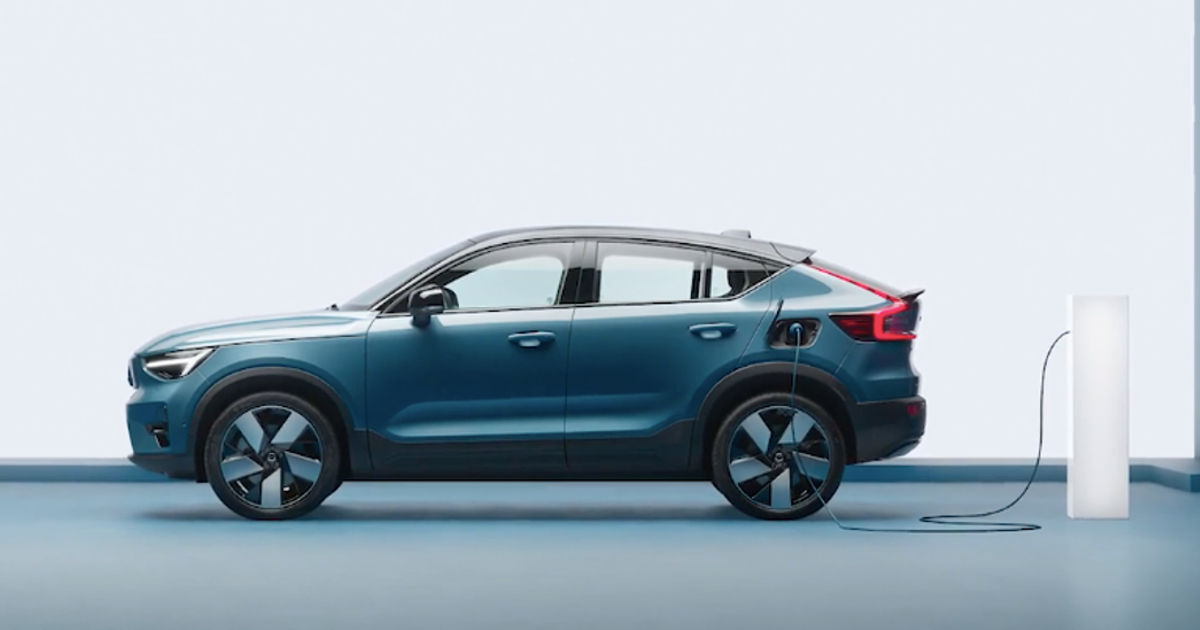
The only big argument against the use of electric vehicles, at least from a user’s perspective, is the time it takes to charge their batteries. For a global population that is accustomed to filling up a tank of petrol and diesel in minutes, waiting for hours to top up their car’s fuel can sound like a big no. it is then, extremely important for electric cars and two-wheelers to have a very specific charging time, ideally as low as possible.
Not that EV manufacturers are unknown to this issue. Many have tried to amp up the charging rates of their EV offerings. A resulting technology that took off big in the EV world is “fast charging.” With this, even if your new electric car takes hours to charge from 0 to 100%, it can juice up for a good proportion of it within minutes. This huge benefit, of course, is dependent on many factors.
So how does one decide the right charging time for their electric vehicle? From a plethora of charging options and the different charging rates they enable, it can be confusing for some on how to manage their EV’s daily charging. Here, we try to solve this dilemma for good.
The solution emerges from simple science that governs electricity flow in circuits. A few components and a couple of formulas are all you need to know the exact charging time that your vehicle will take, depending on the charging option you choose. So without any delay, here is how to calculate the charging time of your electric vehicle every time.
Also Read: How to Set up an EV Charging Station in India: Know The Types, Costs, Policies And More
The Science of EV Charging
To easily understand the dynamics of EV charging, let us revisit the keywords in the equation first. Don’t worry if you are new to this, as there are just a few to remember.
Battery capacity – the total amount of charge a battery can hold. Denoted in kilowatt-hours or kWh.
Charging power – the speed at which a charger can charge a battery. Denoted in kilowatts or kW.
And some basic ones –
Voltage – It is the difference in electric potential between two points.
Current – It is the rate of flow of electric charge.
Now in order to calculate the time your EV will take to charge, there are only two formulas you will need to use. The first one is to calculate the Power of your charger, from its Voltage and Current readings. It goes like this –
Formula 1: Power = Voltage x Current
You can find the voltage reading of the charger with a Volts or “V” unit attached to it. Similarly, the Current readings are seen with the unit Ampere or “A.”
So, once you calculate the power of a charger, calculating the charging time is as easy as –
Formula 2: Charge time = battery capacity / Power (x power factor)
The power factor denotes how efficiently energy is transferred from the charger to the EV. It is the ratio of real power to apparent power, basically to account for energy losses while charging. For AC chargers, this is usually at 0.8, while for DC chargers, the average lies around 0.9.
You can club both these equations to make –
Charge time = battery capacity / (Voltage x Current x power factor)
For more clarity, let us see this with an example.
Nexon EV Max, the most recent EV by Tata Motors, comes with a 40.5kWh battery. It comes with a standard 3.3kWh AC charger and a premium 7.2kWh wall-mounted AC charger. In order to calculate the charging time for Nexon EV Max with both these chargers, we simply use –
Charging time 1 = 40.5/ (3.3kWh x 0.8) = 15.3 hours
Charging time 2 = 40.5/ (7.2kWh x 0.8) = 7 hours
The Nexon EV Max would thus go 0 to 100 per cent capacity in just over 15 hours, using a 3.3kWh charger. Similarly, a 7.2kWh charger will charge the car completely in 7 hours.
Note that some chargers include the specifications in Voltage and Current. Then, you can calculate the Power of the charger using Formula 1, which should be a more accurate depiction of charger power than the depicted figure (in this case, 3.3kWh).
With that, you will be able to calculate the charging time for your electric vehicle using any type of charger. We will continue sharing more EV tips like this, so make sure you follow MySmartPrice to stay up to date with these and more.














